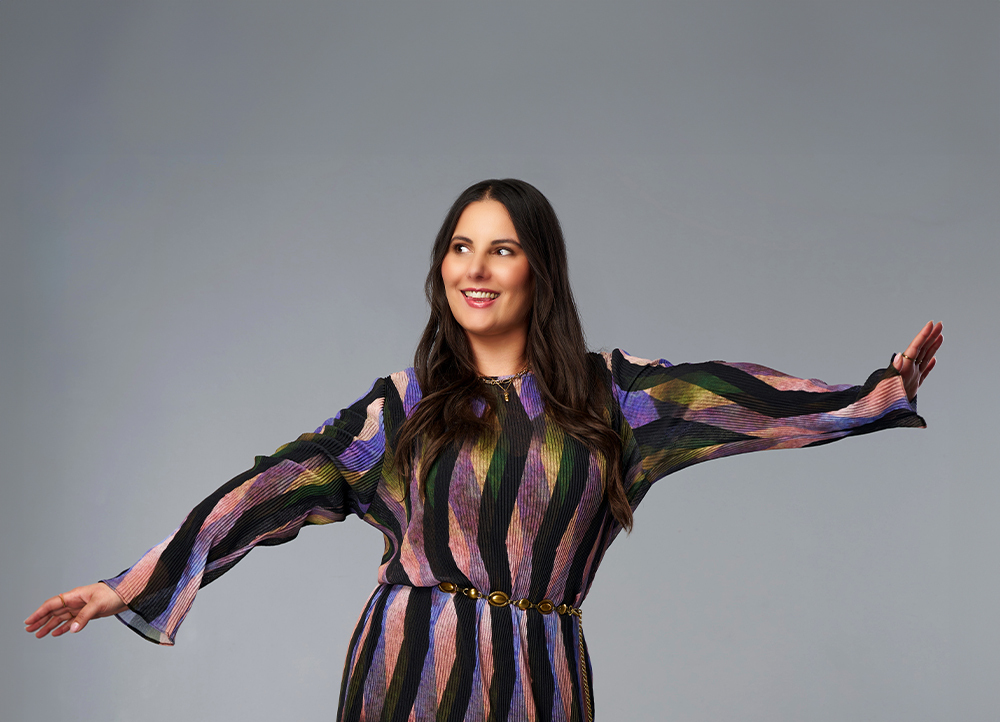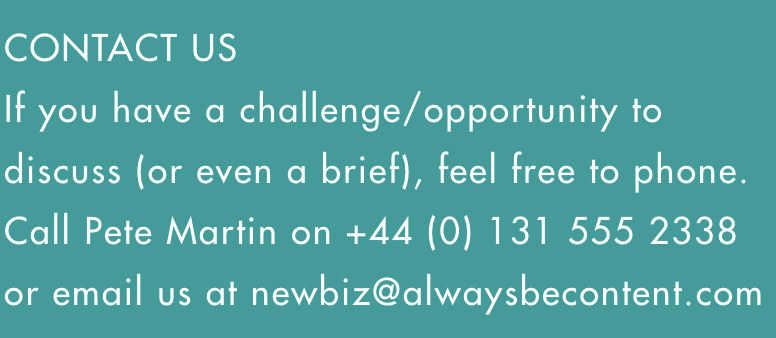The Economist Group’s Impact team recently hosted their annual US Sustainability Week event in NYC. It offered a broad range of government officials, private sector business leaders and NGOs providing views on the current challenges and potential solutions for addressing the global climate change crisis.
The event was expertly moderated by Economist Impact Global Energy and Climate Innovation Editor Vijay Vaitheeswaran. The lead-off speaker was Ali Zaidi Assistant to President Biden and National Climate Advisor. He struck an ominous warning noting “We need to talk openly about the ESG backlash and green hushing. Companies are resisting talking about climate right now…We need to call out the challenge we’re up against and run towards it.”
David Crane – Undersecretary of Infrastructure | US Department of Energy and a former successful senior executive at NRG Energy. He said, “We have $80 billion to invest in the climate problem from public and private sources, backed by 115,000 employees at the US Department of Energy.” He said the immediate challenge is “The need to educate the private sector on how to work with the government” which he noted “is not always easy.” He highlighted promising electrification efforts and green hydrogen projects that are currently in the works. Crane went on to warn that a change in administration in the coming election cycle might result in “Trump putting in DOE people that are likely to be hostile to the cause (fighting global warming) or indifferent.” A scary prospect indeed.
Noah Deich – Deputy Assistant Secretary for Carbon Management at the US Department of Energy observed “Our options for fighting climate change should go beyond doing nothing. We need to develop technologies to clean up all the carbon in the atmosphere, backed by investments in innovation.” He continued the US needs to develop new technologies for C02 removal and better MRV (measurement / verification / reporting) methodologies.
Mark Kenber spoke on behalf of VCMI as their Executive Director – the Voluntary Carbon Markets Integrity group is dedicated to insuring the integrity of voluntary carbon markets, helping companies use high-quality carbon credits as part of their strategy to achieve net-zero emissions. He observed “Companies need to understand how carbon credits can help support their business model.” He continued “VCMI is working to develop higher quality standards, while not seeking perfection.”
Wendy Woods who is a Boston Consulting Group Vice Chair overseeing Social Impact, Climate & Sustainability said “The CEO and CFO need to own the sustainability issue. They need balance ESG as a risk mitigation issues (like SEC reporting) and as a profit opportunity”
Sarah Schwimmer Co-CEO of B Lab (certifies B Corporations among other things) said “Companies are using our tools to demonstrate positive business returns of ESG initiatives, proving the economics of ESG focused strategies make sense, we’re helping our member companies evolve”
Kathleen McLaughlin EVP / Chief Sustainability Officer at Walmart focused on their management of suppliers in relation to the sustainability issue. “It’s a practical approach to enhancing our decarbonization efforts” She continued “We mapped project on business terms (example: packaging) and provided suppliers with a drop-down interface to report on their sustainability efforts and projects…we focus on measuring opportunities that are good for business like innovation, cost reduction and improved efficiency.”
Virginie Halias the Chief Sustainability Officer at Proctor & Gamble spoke next. She gave tangible examples of supporting a “culture of sustainability” showing a squeezable shampoo bottle and the eco-friendlier repackaging of NyQuil cold capsules that delivered both tangible consumer benefits and had a positive sustainability contribution.
Dee Siegel works as the Deputy Chief Sustainability Officer at the White House Council on Environmental Quality observed “We have the Federal Government lead by example when it comes to using green energy – like our growing fleet of Electric Vehicles…we’re using procurement as an important tool to drive adaptation of sustainable business practices, like electrification of all federal buildings. We’re taking action today.”
Caitlin Leibert is VP of Sustainability at Whole Foods. She said “We’re at an inflection point. Agriculture can go beyond carbon abatement; we can enhance biodiversity and promote human rights. Shift to climate smart agriculture – not just an environmental solution but can address human issues…we need to challenge ourselves to find what shirts need to be made to improve food production and distribution efficiencies?”
The net take-away from all the speakers and panelists at this event was simple: We have a huge problem on our collective hands in terms of fighting climate change. It’s going to take a concerted public / private / NGO effort to fix it, backed by huge investments in new technologies and taking an aggressive stance on definitive actions beyond simple rhetoric.
Nothing less than ensuring the survival and well-being of future generations is at stake. Left unaddressed, it will lead to more extreme weather events, rising sea levels, food & water insecurity, adverse health impacts and biodiversity loss. This list is a legacy we certainly don’t want to leave for our immediate families and mankind.
Share and tag us @alwaysbecontent








